August 31 March Sparks Debate on Migration and Free Speech
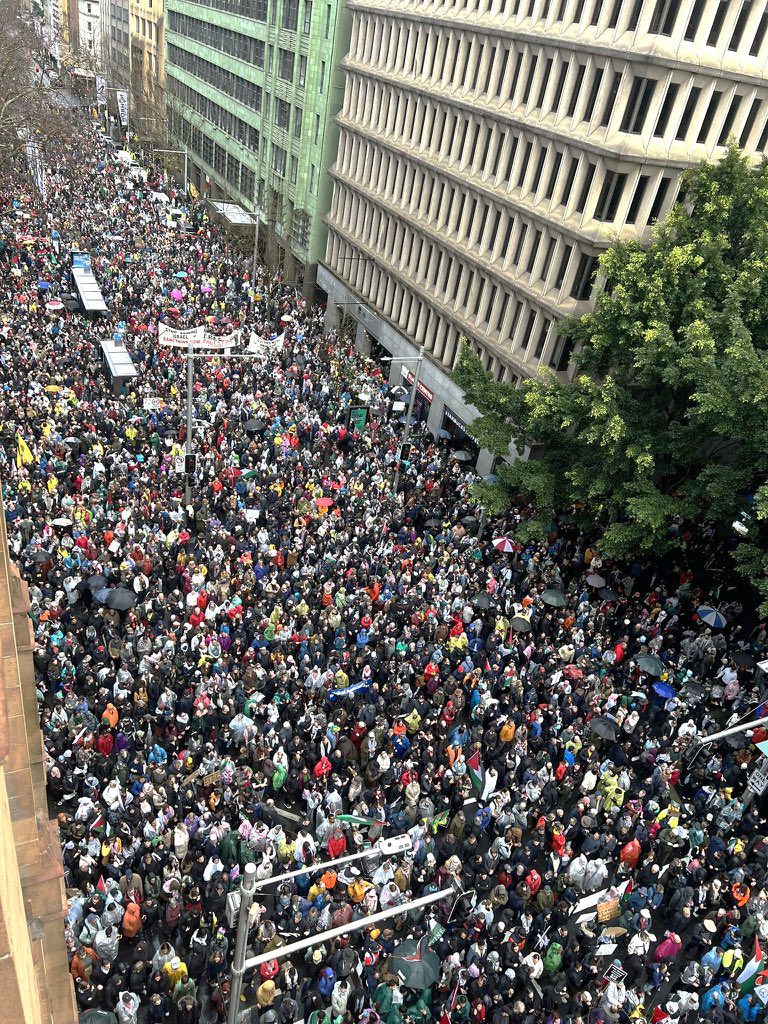
Tensions Grow Ahead of Planned Rally in Australia
Excitement and concerns are brewing for a scheduled march on 31 August, labelled by supporters as a patriotic rally, while critics fear it may turn into an anti-immigration event.
Promotional materials circulating on social media convey messages like “Australia First” and “Stop Mass Migration Now,” leading to speculation about the intent behind the gathering. The NSW Police Minister Yasmin Catley has noted that no formal notice has been submitted, leaving authorities in a position to observe without a clear action plan.
What’s Happening in Sydney?
In Sydney, social media buzz points to a rally at Speakers’ Corner at 11 am on 31 August. The messages being shared suggest a call to “take our country back.” The police and state officials are monitoring these developments closely. Organisers must submit a notice known as a Form 1 under the Summary Offences Act, which affords them certain legal protections. While protests can occur without this notice, filing one seven days prior simplifies police management of safety and traffic during the event.
Political Climate and Recent Events
The political atmosphere is tense. Recently, roughly 100 masked protestors connected to the National Socialist Network marched through central Melbourne, raising alarms about extremist groups. The police responded to this “pop-up protest” around midnight, resulting in a non-life-threatening attack on a bystander and no arrests. The images from this march have intensified discussions about how to handle such activities.
Premier Jacinta Allan expressed strong disapproval of these groups, remarking that “Nazis don’t belong in this country.” She indicated forthcoming anti-vilification laws set to take effect in Victoria next month and hinted at new powers for officers to request the removal of face coverings at protests.
Opposition Perspectives
The opposition has been quick to react, with Opposition Leader Brad Battin describing the recent protest as “appalling.” He argued that the government’s inaction has allowed racism to fester in Victoria and promised to support police efforts against hate speech.
Community Reactions and Intentions
Proponents of the upcoming march argue they are expressing national pride rather than hate. Commentator Rukshan Fernando has encouraged attendance by calling on Australians to demonstrate their pride. This message has sparked a mixed response, resonating with some yet raising criticisms from multicultural advocates who view the rally’s slogans as coded anti-immigrant rhetoric.
Understanding the Legal and Political Landscape
This month has already seen massive mobilisations, with a pro-Palestinian “March for Humanity” crossing the Sydney Harbour Bridge on 3 August. This event drew an estimated 90,000 participants despite adverse weather conditions, demonstrating how well-organised actions can remain peaceful when they follow the proper legal protocols.
Legal Framework for Protests
The legal context for protests in Australia varies by state. In NSW, there isn’t a guaranteed right to protest, but there is an implied freedom of political communication. The Form 1 notice is crucial for protecting gatherings and managing police involvement. Recently, discussions have intensified regarding the balance between ensuring public safety and protecting civil liberties, particularly following the Harbour Bridge march.
Future Challenges and Expectations
Victoria is preparing to bolster anti-vilification laws and grant police more authority during protests. If the planned rally in Melbourne occurs, it could serve as the first significant test of these new regulations, especially with the potential for counter-protests and extremist involvement.
Risk Factors Ahead of 31 August
Several risks loom for the upcoming demonstration. One concern is that fringe elements may infiltrate the gathering and inject hateful messages, drawing police attention away from genuine policy discussions. Another issue is the lack of a clear route, which could lead to fragmented groups that are difficult to manage. Lastly, misinformation on social media can heighten fears or expectations about the event.
Key Questions Moving Forward
In the days leading up to the rally, attention will turn to whether named organisers will emerge with a cohesive plan that satisfies legal requirements. Engagement from community leaders, including those representing migrant groups, is crucial in setting boundaries against hate and violence. Advance communication from police regarding the planned routes and intervention thresholds can help create a safer environment for all participants.
Ultimately, the challenge lies in addressing pressing policy issues surrounding migration while maintaining a respectful dialogue that doesn’t marginalise newcomers to Australia. The coming weeks will reveal if the protest can focus on constructive solutions or if it will devolve into divisive rhetoric.
What do you think?
Have a question about this topic or your own plans to move to Australia or New Zealand? Scroll down and leave a comment. We’d love to hear from you.
Thinking about moving to Australia?
Join our free and supportive community at Oz Visa Forum.
Post in our forums to get advice and support from people who’ve already made the move.
Not sure where to start? Click here to get started


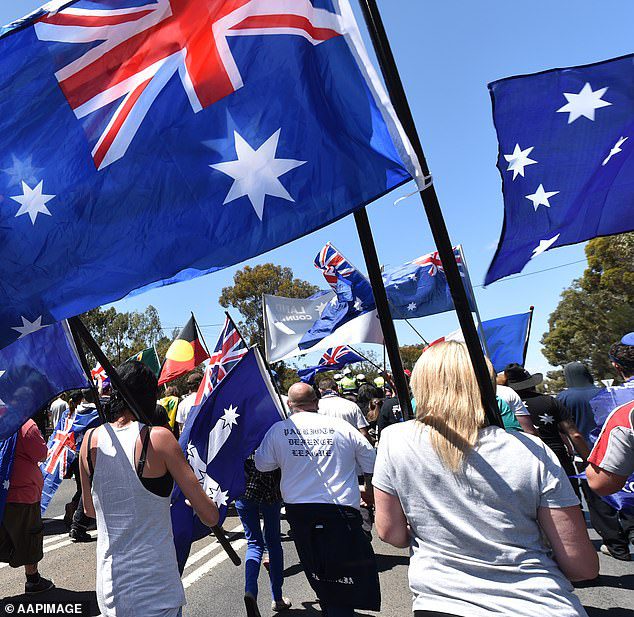
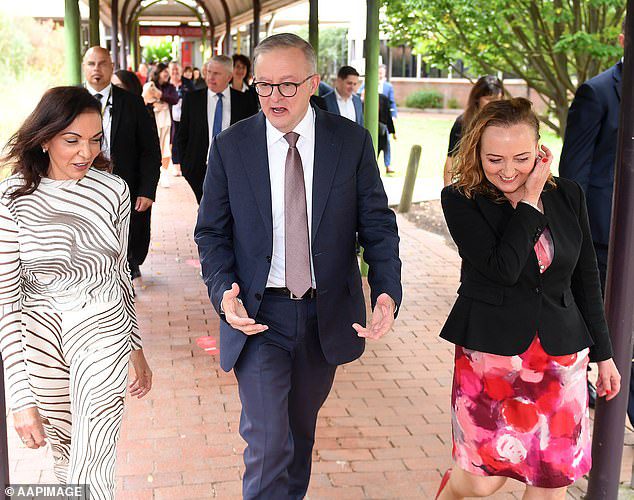
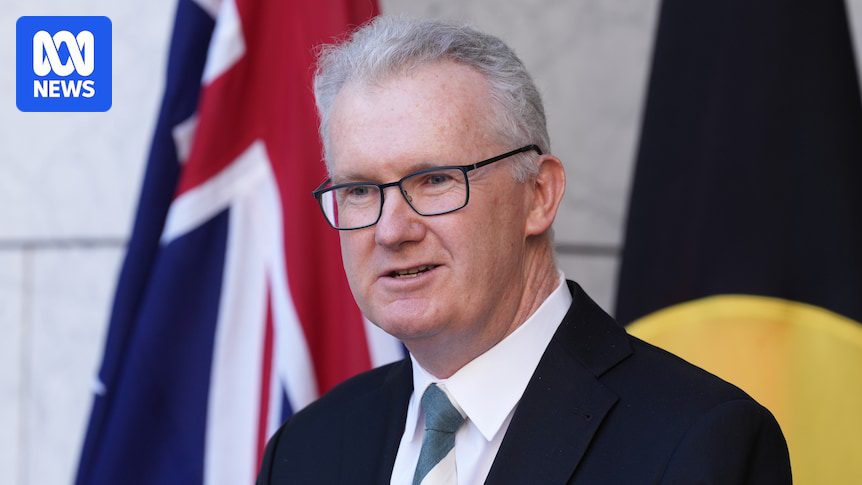
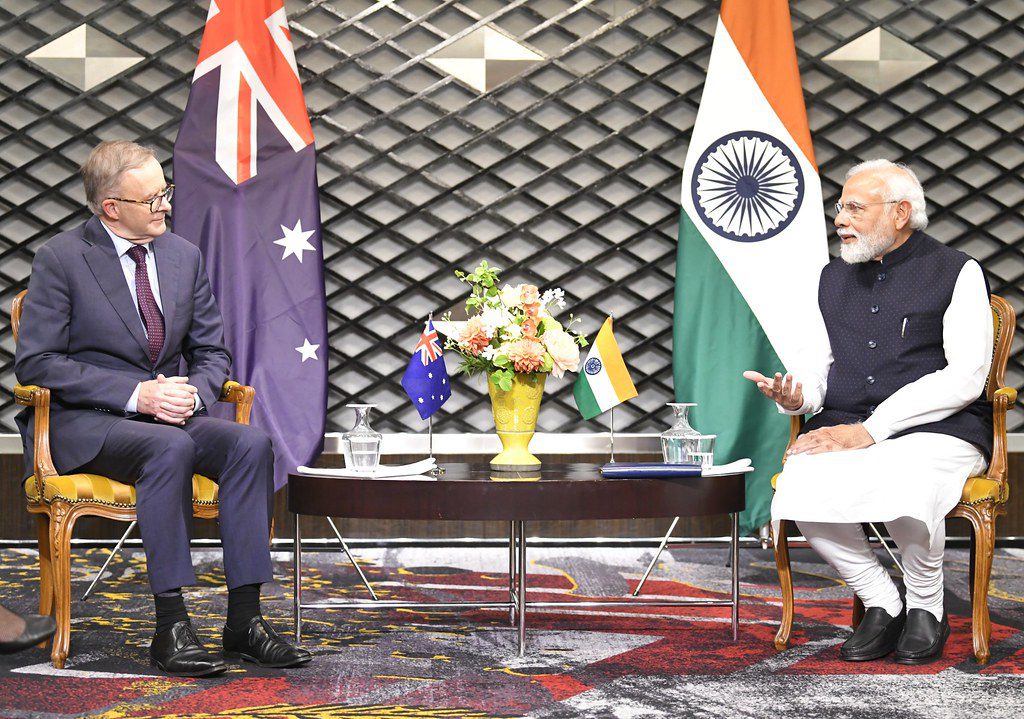
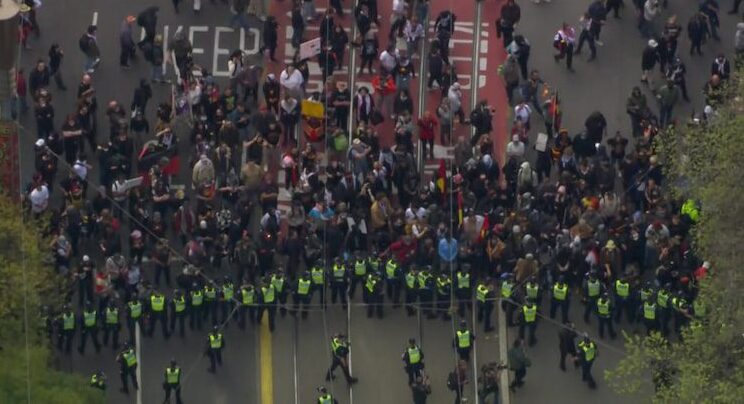
Responses